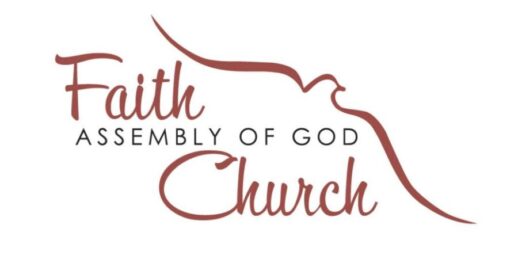
“May the Lord answer you when you are in distress; may the name of the God of Jacob protect you.” (Psalm 20:1 NIV)
David, our psalmist, has suddenly made a shift. He has turned from the seat own struggles and started praying for others. The entirety of Psalm 20 is an earnest plea on behalf of the reader.
I noticed this in Job’s story, also. He, too, experiences a seismic heart change near the end of his season of suffering. He stops arguing with his friends about how they don’t understand and starts praying for them. His healing follows.
Perhaps this is the key to triumphing in tragedy? When we finally allow our struggles to grow our outward prayer life? Sorrows have a strong tendency to turn us inward, and that’s appropriate, for a time, as we sort ourselves out and decide what we really believe about God in the midst of it. But we can’t stay there. Our sorrows have no Kingdom benefit until we learn to leverage them to love others.
The Psalmist comes to this realization and begins to beseech the Lord on behalf of others. He moves from using this new ‘you’ language to ‘we’ language in verse 5. By verse 6 he is encouraging the reader with his own firsthand experience of God’s rescuing arm.
“Now this I know: The Lord gives victory to his anointed. He answers him from his heavenly sanctuary with the victorious power of his right hand.” (Psalm 20:6 NIV)
David can offer us confidence because he has seen God move on his behalf. Not once, but many times. He offers his audience the wealth of experience only gained in suffering. We can believe him because we know his story.
Our psalmist, David, uses ‘we’ language because somewhere along his journey gained a God-sized view. His eyes have been opened to the world of pain that we all plod through and he is affected. He realizes that Kingdom people weep and triumph together, and that our experiences exponentially increase in value when we will open up our mouths and pray for one another, not just ourselves.
The little Spurgeon missive I just finished said it so well. “Sorrow teaches us empathy for one another. Sorrows teach us courage for others who face trials.” Spurgeon, Job and David all latched on to these truths, will we? They allowed their hardships to mature and bloom into compassion for brothers and sisters, could we?
“Praise be to the God and Father of our Lord Jesus Christ, the Father of compassion and the God of all comfort, who comforts us in all our troubles, so that we can comfort those in any trouble with the comfort we ourselves receive from God.” (2 Corinthians 1:3-4 NIV)
Lord, help us find strength to look out from our own mess and find the friend in need. May we see how our sorrows have further equipped us for Kingdom service. May You find us quick to pray for others; not polite prayers, but authentic, tested petitions from the dark hallways of our own weathered souls. Amen.
